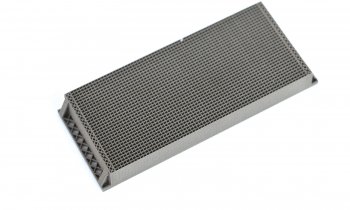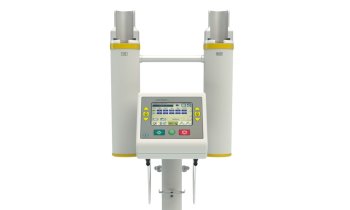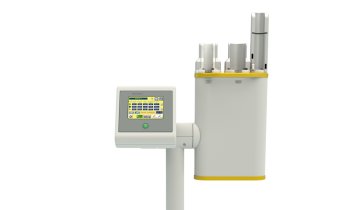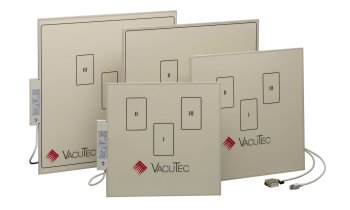Technology
ProMRI Technology allows 3T scanning
Cardiovascular technology specialist Biotronik has launched a new series of single and dual chamber implantable cardioverter defibrillators (ICDs) and cardiac resynchronisation therapy defibrillators (CRT-Ds). ‘The Iperia/Itrevia/Inventra series gained CE approval in July 2014 and marked its first implantations worldwide in mid-July,’ the multinational biomedical technology firm reports.
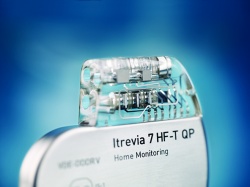
‘With its ProMRI technology, Biotronik is the first and only company to offer heart failure patients CRT-Ds and leads that can undergo MRI scans. Patients with single-chamber ICDs can take advantage of 3Tesla MRI scans with an exclusion zone. Both single and dual chamber ICD patients are eligible for 1.5T full-body scans.’ To track the MR state of implantable devices, the firm also recently launched ProMRI SystemCheck.
Dr Klaus-Jürgen Gutleben, internal medicine and cardiology physician at the Heart and Diabetes Centre in North Rhine-Westphalia, where 200-300 patients receive CRT implants annually, intends to provide patients with CRT solutions approved for MRIs. ‘MRI diagnostics are very important for my younger patients, who are better off avoiding radiation from X-rays or CT scans and patients with comorbidities like brain tumours, which are best diagnosed with high-resolution images,’ he explained. ‘For such patients I’d recommend an implant that can undergo MRI scans, such as the Iperia CRT-D and the Sentus QP lead.’
The Sentus QP lead eases the implantation process by giving physicians better access to challenging vessels. Sentus QP represents the industry’s first quadripolar left-ventricular lead to be approved for MRI use, the company reports. ‘It offers stable lead positioning in the coronary sinus and various electronic repositioning options to select the optimal stimulation site.’
Dr Gutleben: ‘When deciding on the right device for my heart failure patients, I want to ensure they will benefit as much as possible from cardiac resynchronisation therap. Clinical evidence demonstrates that patients have reduced mortality when they receive fewer inappropriate shocks. We also know it can greatly improve their mental well being and satisfaction with the therapy. Detection criteria and morphology analysis help to ensure my patients only receive the therapy they need.’
‘The new ICDs reduce inappropriate shocks with MorphMatch morphology detection criteria and optimised anti-tachycardia pacing (ATP), making it easier to give a patient exactly the level of pacing therapy he or she might need,’ Biotronik explains. ‘While delivering shocks at the right time can save patients’ lives, minimising shocks improves patients’ quality of life.’
Wolf Ruhnke, Vice President at Biotronik, also added that the IN-TIME study demonstrated that Biotronik Home Monitoring reduced heart failure patients’ mortality by over 50 percent.
12.01.2015







